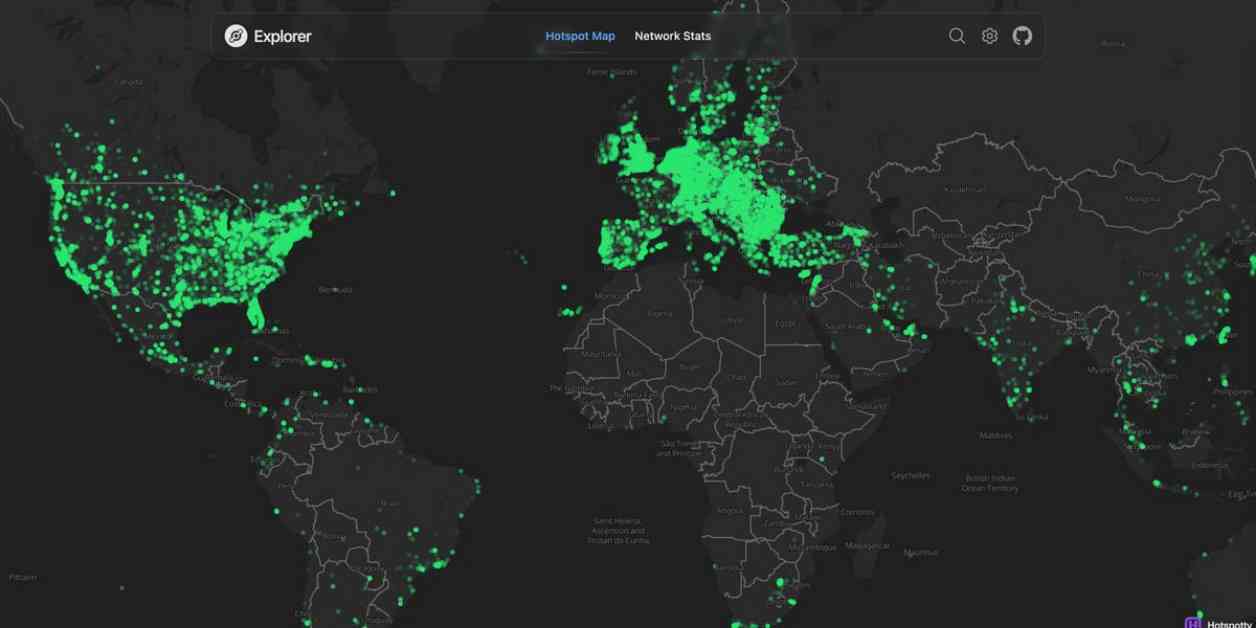DePIN is truly making waves in the industry with its innovative solutions for small businesses in emerging markets. The projects within this space are revolutionizing the cloud computing model, offering users economic incentives to participate in network ownership. This shift towards decentralization is creating a two-sided marketplace where node networks allow users to own parts of the network, bringing about new models of economic development.
In the realm of DePIN, physical assets like telecom infrastructure and video streaming networks can be divided, owned, and operated by node owners for profit. This decentralized approach ensures that the network is sustained by the many, rather than controlled by a select few. The significance of node operators in local economies cannot be understated, as DePIN networks have the potential to empower small businesses and foster local innovations.
For instance, Helium’s network is being used for livestock tracking in Africa, benefiting both farmers and endangered species. This local innovation is a prime example of the positive impact DePIN can have on communities in emerging markets where traditional physical infrastructure may be lacking.
While DePIN may seem like a slow revolution, it is gaining traction in emerging markets where the need for reliable infrastructure is high. By enabling individuals to operate nodes as small businesses, DePIN is reshaping the ownership landscape of physical infrastructure networks. This shift has the potential to drive localized development, create new business models, and promote ownership in communities that need it most.
The benefits of DePIN technology extend beyond economic gains. By improving internet services and reducing latency issues, DePIN has the power to spur global innovation and drive productivity. Whether it’s enhancing distance education, streaming services, gaming, or healthcare, localized nodes can make a significant impact on the quality of internet services worldwide.
As DePIN continues to evolve, new business models and innovations will emerge, not only in emerging markets but also in developed regions like New York City. The possibilities are endless, and the potential for human capital development is immense. Node operators have the opportunity to not only support their families but also fund new ideas and businesses that can shape the future of their communities.
In conclusion, DePIN is more than just a technological advancement; it is a catalyst for economic development, innovation, and human empowerment. As this revolution unfolds, it is essential to recognize the transformative potential of localized networks and the positive impact they can have on societies worldwide.














